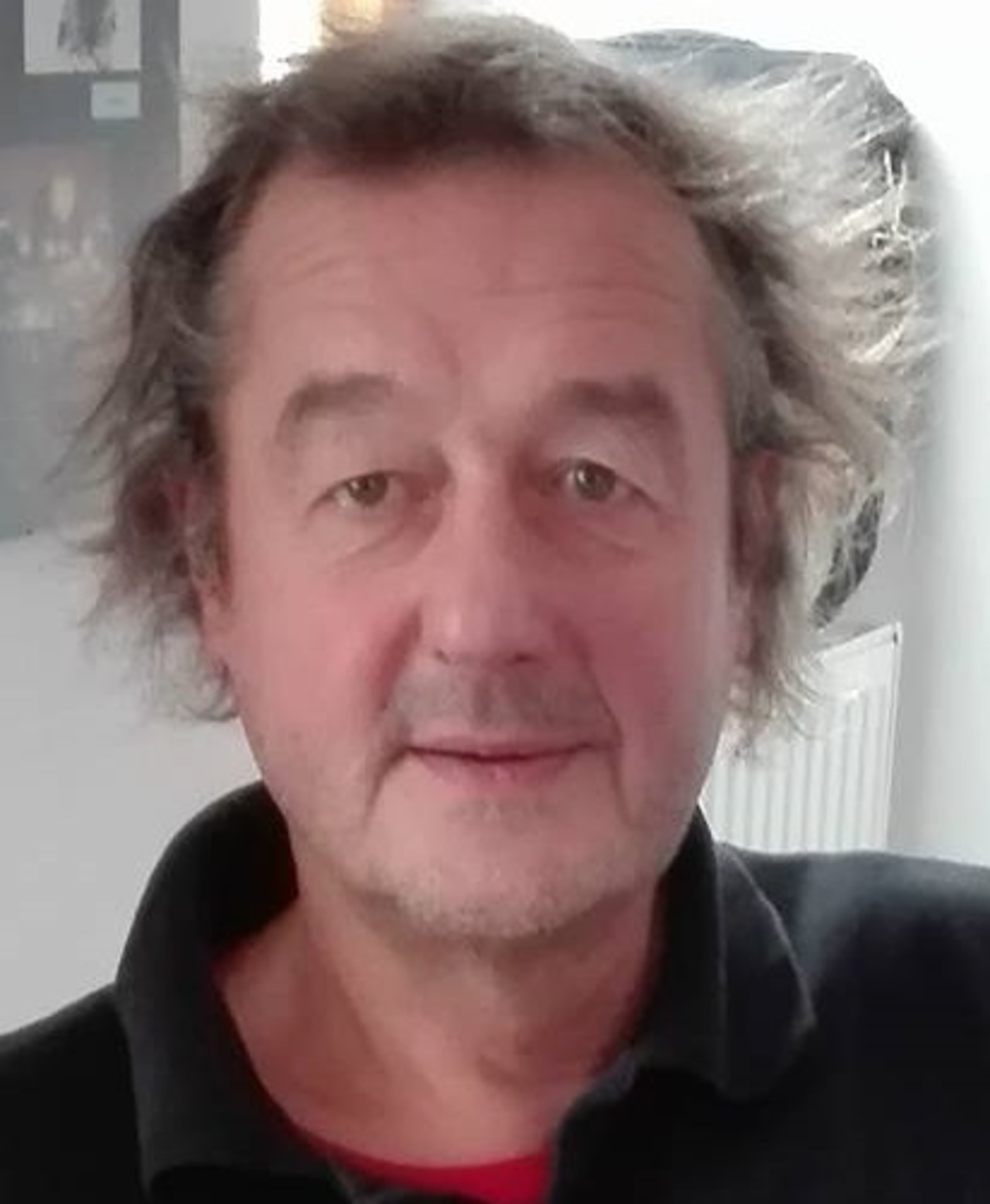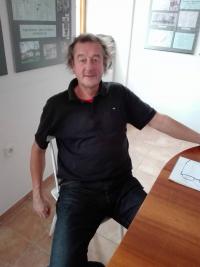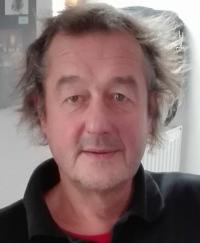“It was Kafkaesque.”

Download image
Ondřej Halama was born on April 8th, 1956, in Prague, but he grew up in Mladá Boleslav. His father was an Evangelical pastor and the family was active in the community centered on the teachings of an evangelical pastor, Alfréd Kocáb. Ondřej wished to study at a pedagogical faculty, but he knew that the authorities would not permit him, so he attempted to be admitted to the theological faculty, but he was not admitted there either. In 1976, he had to do his basic military service. While in the army, as a form of protest he refused to vote in the election, and this resulted in his being taken to a detention prison so that he would not spoil his battalion’s reputation. Otakar Motejl was his defense lawyer while Ondřej was in detention. Ondřej was eventually released on parole. After completing his military service, he worked in the Automobile Company and in the 1980s, he was admitted to the study of theology. He subsequently served as a pastor in the Evangelical Church. After 1989, he was able to finish his studies at a pedagogical faculty as well and now, he teaches at a grammar school in Turnov.

